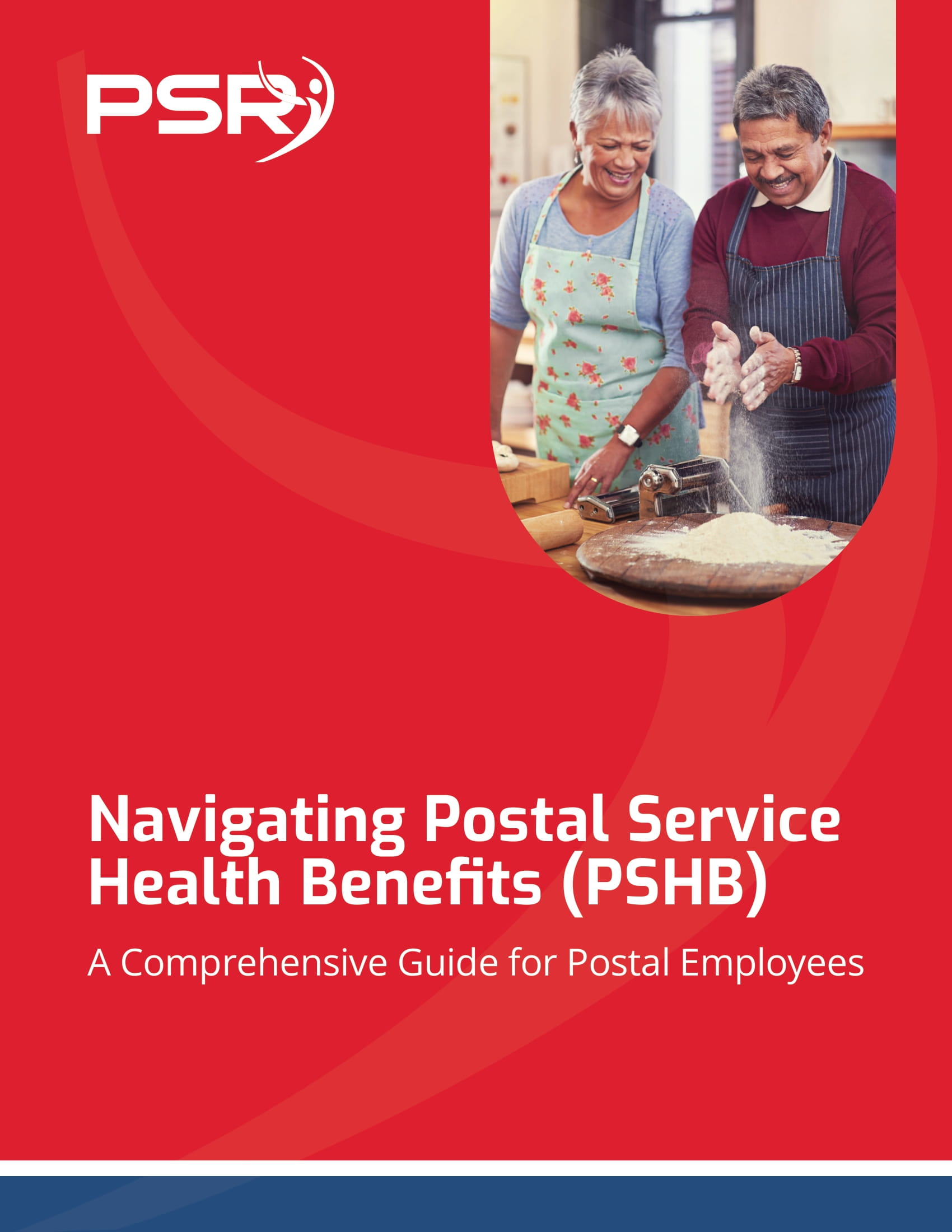Key Takeaways:
- Understanding military buyback options can enhance retirement benefits significantly for federal employees.
- A buyback is a powerful way to boost years of service and increase your pension under FERS or CSRS.
Wondering if Military Buyback is Worth It? Let’s Break it Down
- Also Read: Divorce and Your Federal Pension—What Happens When You Split Assets and How It Could Affect Your TSP
- Also Read: What Happens to Your Federal Benefits After Divorce? Here’s the Lowdown
- Also Read: The Best FEHB Plans for 2025: Which One Fits Your Lifestyle and Budget the Best?
The process may seem a bit complex at first, but once you get the hang of it, it can be a game-changer for your retirement. In this guide, I’ll walk you through the why, the how, and the “is it really worth it?” when it comes to a military buyback.
What is a Military Buyback?
A military buyback, in simple terms, is a process that lets you “buy” your military time so that it counts toward your federal retirement. Typically, federal civilian employees under the Federal Employees Retirement System (FERS) or Civil Service Retirement System (CSRS) can buy back military service time by making a deposit to the retirement system. This credit counts as additional federal service, which can significantly increase your retirement benefits by adding years to your time in service.
By counting these additional years, you not only increase the years of service on your retirement calculation but may even reach retirement eligibility sooner.
Why Consider a Military Buyback?
Military buyback can be a powerful retirement enhancement strategy. The benefits are two-fold: first, you can increase the number of years counted toward your retirement, and second, you’ll enjoy a larger monthly annuity. For most people, this means a more financially secure retirement.
If you have prior active-duty military service, each additional year bought back gets added to your federal civilian service. For example, if you have four years of military service and buy them back, you’ll add those four years to your civilian service years. This is an especially powerful benefit if you are under FERS or CSRS since your pension calculation relies heavily on the total number of years in service.
How Does It Work?
Buying back military service time usually involves making a deposit, which is calculated based on a percentage of your military pay during active duty, plus interest if some time has passed since you joined the federal service. Here’s a step-by-step look at how the process generally works:
1. Request Your Military Earnings
Start by gathering your military earnings information. You’ll need to request a Statement of Earnings from your branch of service, which can take some time, so plan accordingly. This statement details your earnings during your active-duty years, which is essential for calculating your buyback cost.
2. Calculate the Deposit
The deposit you’ll pay for a buyback is based on a percentage of your military base pay. Under FERS, the deposit is usually 3% of your basic pay, while under CSRS, it’s typically 7%. Note that interest starts accumulating after a two-year grace period from your entry into federal service, so it’s beneficial to start early.
3. Make the Deposit
Once you have your deposit calculation, the final step is to arrange payment. Many federal agencies allow payroll deductions or a one-time payment, which helps make the process manageable.
Pros of Military Buyback
1. Increased Pension Benefit
One of the biggest perks of a military buyback is that it can dramatically increase your retirement annuity by increasing the years of service in your pension calculation. Even a few additional years can translate into a significant boost in your monthly benefit, which makes a buyback appealing for those looking to strengthen their retirement income.
2. Potential to Retire Sooner
With additional years of service, you may be eligible to retire sooner than you would without the buyback. This is particularly attractive for federal employees with a Minimum Retirement Age (MRA) under FERS, as each additional year of service may bring you closer to that early retirement option.
3. Cost Savings Over Time
A buyback might seem costly upfront, especially if interest has accumulated over time. However, it can still be worth it in the long term, as the additional pension benefits often outweigh the cost of the deposit. This is a strategic choice for employees wanting to secure a larger and more predictable retirement income.
Drawbacks to Consider
1. Upfront Costs
The buyback process requires an initial deposit, which can feel hefty depending on how many years you’re buying back and the accumulated interest. This is particularly true if you delay the buyback for years after joining federal service, as interest adds up. If you’re planning to stay in federal service for many years, it’s often best to start the buyback process sooner rather than later.
2. Possible Delays in Processing
The buyback process isn’t always quick. Getting a Statement of Earnings, calculating your deposit, and then completing payment can take some time. Be prepared for some administrative steps, as well as potential delays in processing your buyback with your federal human resources office.
3. The Interest Factor
Interest begins accruing after two years, so if you’ve been a federal employee for some time, your buyback may cost more than you initially anticipated. That said, the cost versus benefit ratio tends to work out in favor of a buyback in the long run, especially if you’re planning for a longer federal career.
When is the Best Time to Complete a Buyback?
The best time to initiate a buyback is as early as possible in your federal career. If you’re considering retirement in the next few years, starting the buyback now is essential to avoid a last-minute scramble. Acting early can also help you avoid additional interest costs, making the buyback more affordable.
How Much Can You Really Gain?
The exact boost in your retirement benefit will depend on your specific situation, including how many years you buy back, your civilian and military earnings, and whether you’re under FERS or CSRS. However, adding just a few years to your total service can often yield a substantial increase in your pension. For instance, under FERS, each additional year you add increases your pension by around 1% of your high-three average salary, which can add up over time.
Words to the Wise: Plan Ahead and Don’t Delay
A military buyback is not something to rush into, but it’s also not something to put off indefinitely. If you’re a federal employee with prior military service, it’s worthwhile to sit down with your HR office or a financial counselor to explore how a buyback could benefit you specifically. Calculate the costs, understand the long-term gains, and get a clear picture of how this fits into your retirement plan.
For Your Retirement Toolbox
A military buyback isn’t just a fancy financial trick—it’s a powerful tool that can help federal employees achieve a more comfortable and financially stable retirement. If you’re eligible, this option can add valuable years to your service calculation, bolster your annuity, and possibly even let you retire earlier than you planned. Be proactive, gather your documents, calculate the deposit, and decide if this buyback will secure your future as you envision it.












